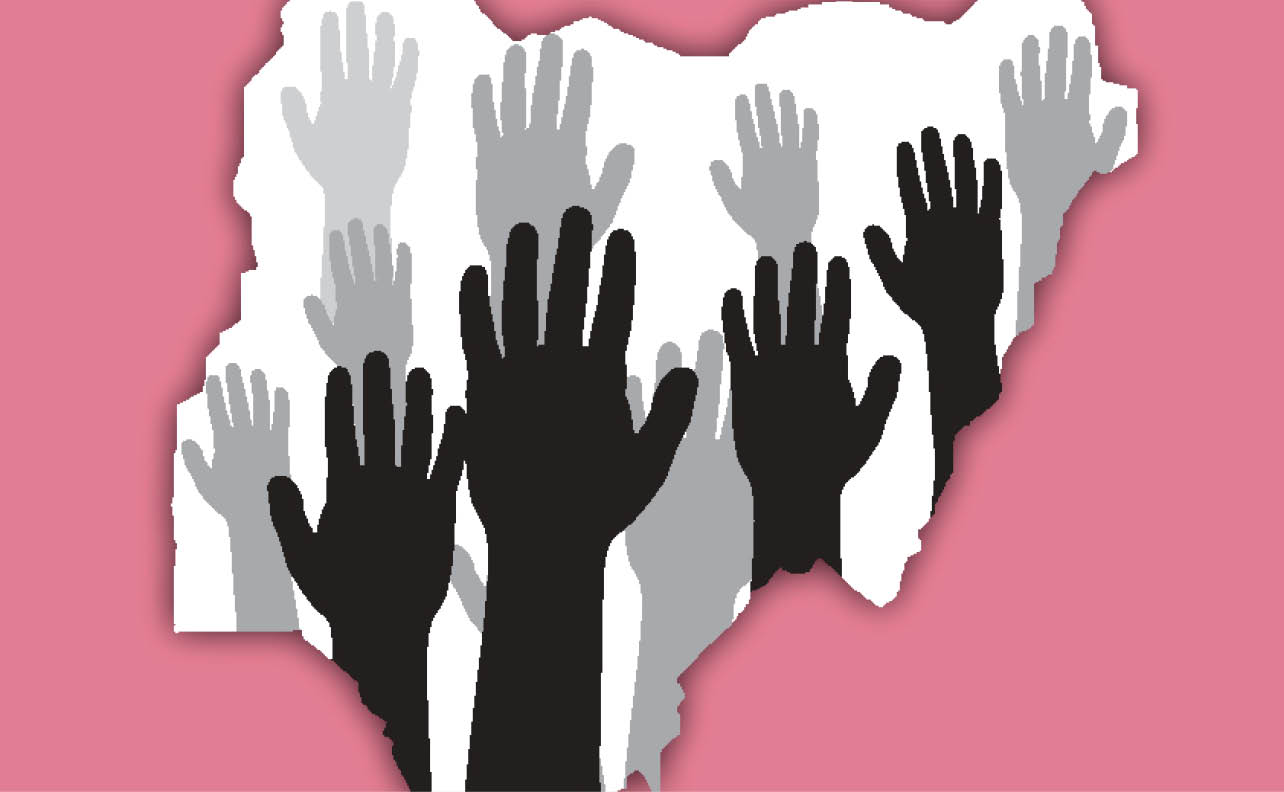Now on the trail to economic Armageddon, how can Nigeria be saved? (II)
Per the present economic circumstance of Nigeria, there are three scenarios. First scenario is we accept the situation as it is with all the debilitating hardship as our sacrifice and fate and trust our leaders when they explain that we do not have any other choice than to be patient and await the result of […]

Per the present economic circumstance of Nigeria, there are three scenarios.
First scenario is we accept the situation as it is with all the debilitating hardship as our sacrifice and fate and trust our leaders when they explain that we do not have any other choice than to be patient and await the result of their economic reforms.
The second scenario is to rise in protest and demand from our leaders that the economic reforms themselves must be reformed especially as it concerns the central issues of subsidy removal and the devaluation of the naira to ease the burden on the populace.
The third scenario would be to ask the administration to completely break off with the IMF and World Bank and renegotiate the terms of engagement which is clearly to our disadvantage and for which there is no hope in sight for redemption.
Let us begin by interrogating the so-called economic reforms which is at the root of all these.
How can it be economic reform when, contrary to the claim by the president that subsidies have been removed, there is still a world of difference between the landing cost of the commodity and the price we pay for it at the pumps? So who pays the difference of almost N500 per litre and to whom does it go?
Similar question can also be asked of the billions of dollars being used to prop up the naira in the forex market. In this regard the Central Bank of Nigeria (CBN) has been reduced to a large Bureau De Change (BDC) buying and selling dollars and other foreign currencies at the forex market. But the difference is that CBN gets its dollars cheaply and unhindered from our foreign reserve to trade in the market.
Here again, the question is why do we need to use our foreign reserve to prop up the naira in the forex market when we were told that by floating it, the naira will find its true value by itself? And why has it not found its true value even as we continue to prop it up with our foreign reserve? Who then gains from this massive forex operation using the CBN?
Nigerians, if we were told that subsidies had to be removed and naira floated as economic reforms and more than one year after we are still subsidising fuel imports and propping up the naira instead of allowing it to float as promised, can we truly say we are implementing necessary economic reforms?
So, for all practical purposes what Nigerians are being subjected to in the name of economic reforms is actually a gradual surreptitious process of transferring state resources by which millions will be impoverished and pauperised for the ultimate benefit of some few?
But despite all this, the greater danger for Nigeria lies with the IMF and World Bank who provide the inspiration for this large-scale economic fraud. It is in the name of the two institutions that this massive economic heist on Nigerians is being perpetrated and this is par for the cause because Nigeria is being sucked deeper into the maelstrom of international finance capital which they serve as watchdogs.
So yes, we cannot do without international finance capital for our development needs. But that does not mean we are not at liberty to negotiate the terms of the engagement. Nobody should be left with the illusion that we just have no choice but to accept the economic prescriptions of the IMF and World Bank unquestionably.
With a population of some 200 million people, vast resources, a huge market and a strategic position in Africa and the world, Nigeria deserves much more than it is getting for its undoubted worth. In our dealings with the major countries of the world including the United States, Britain, EU, Russia and China, we should not give the impression that we are one desperate, poor and inconsequential country that should be arm-twisted to accept economic diktats.
President Tinubu has led Nigeria into an economic quagmire, which hardly serves our present and our future. Nigerians had better wake up to the realisation that while the present economic circumstances are dire, the future will be worse because the president cannot see the need to willingly change the settings to policies that keep him in the good books of the IMF and World Bank.
President Tinubu has not provided a comprehensive economic blueprint along with his policies to convince Nigerians that he really wants to change the economic fortunes of the people of the country. As far as it goes, President Tinubu’s idea of economic policy having captured the state is to derisorily throw morsels of “palliatives’’ to the people when they show signs of wanting to agitate. He does that in the hope the people will not question why his much-touted reforms have not yielded any tangible benefits.
It is up to Nigerians to decide whether to accept and settle for the continued hardship that President Tinubu’s economic policies bring, or to sooner or later decide his fate one way the other through lawful civil actions. (Concluded)
